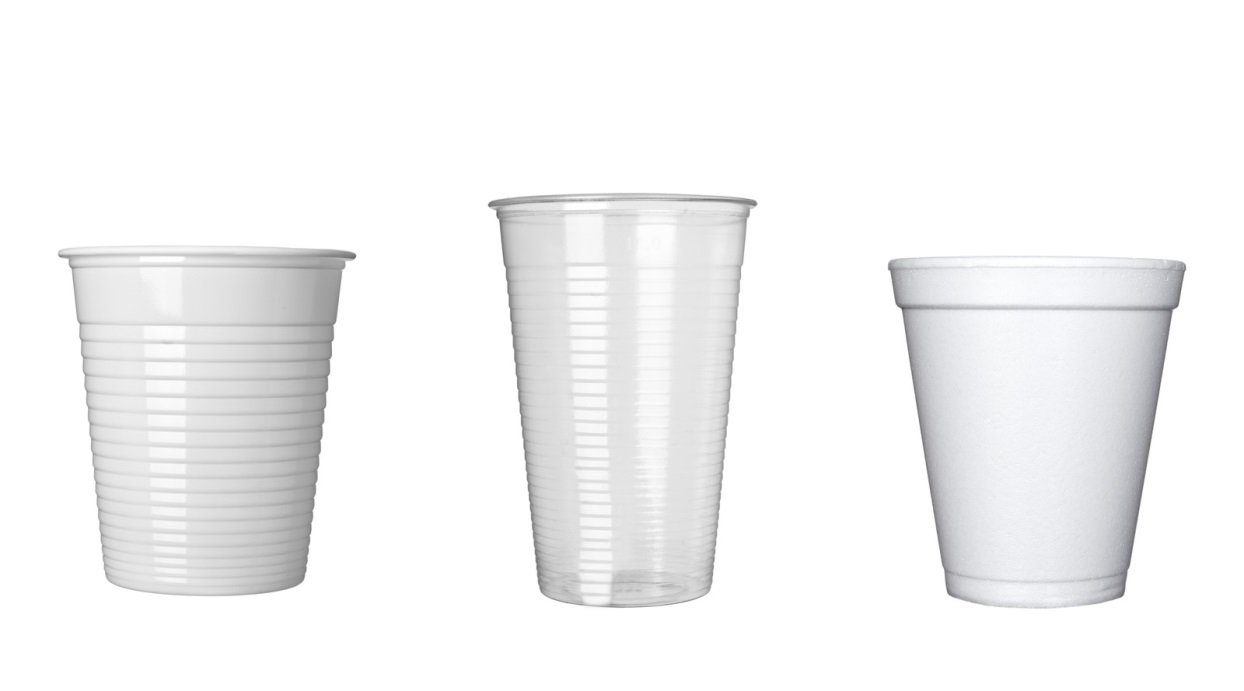The use of plastic has had significant media attention recently, in particular following the various Blue Planet episodes aired on the BBC. The tone of the debate is highly emotive and even Theresa May recently voiced her opinion on the matter, stating that the House of Commons would ban the use of plastic cups and that the government will recommend that all large businesses do the same.
At AquAid we are keenly aware of the impact using plastic has in our industry, to our customers and on our environment. We are constantly seeking solutions and alternatives to reduce waste, minimise our carbon footprint and increase the sustainable provision of our water and water products to our customers.
Potential long term options?
- Paper cups/cones
Paper cups may seem like an obvious alternative, but they are not. As paper is porous, all cups contain a lining which means that they cannot easily be recycled. Unfortunately, although few people may be aware of this, if you are paying to recycle paper cups, these lined cups actually contaminate the recycling batch they go into.
There are cones available without a plastic lining, but they will only hold water for a matter of seconds before it will start seeping through and land on the floor. Whilst these are useful from an environmental perspective, they are less useful from a hydration perspective, the reason organisations have a water dispenser in the first place.
Paper cups cost around 50% more than plastic, with cones priced slightly lower.
- Plastic bottles
There is a place for re-usable plastic bottles, however, we need to be aware that a plastic bottle weighs at least 30 times more than does a plastic cup. This then means that using plastic bottles is adding plastic weight and volume rather than reducing it. Even if you re-use a plastic bottle (which some people will re-use 30 times, but others much less so) it has to be borne in mind that the bottle needs to be cleaned which has its own environmental impact.
- Use bio-degradable/compostable material
The idea of using bio-degradable plastic is very appealing at first as people picture it literally turning into dust. The problem is that in order for the plastic to compost, it needs to be kept in very specific circumstances only achievable in an industrial composting environment. Not only are there very few such facilities in the UK, there are also no nationwide collection schemes in place for them. If bio-degradable cups end up in landfill they can be more harmful to the environment than normal plastic cups, as is indicated in various reports and case studies from authorities in the field*. Added to this, bio-degradable plastic is made from corn starch – which again brings with it a significant impact on the environment. As a final point, bio-degradable plastic is considerably more expensive than regular plastic.
The solution
Because of the focus directed at the issue of single use cups, we may be forgetting the difference between litter and recycling. Plastic on its own is not an issue – unrecycled plastic is. Bearing this in mind, we believe there is a viable solution, one which will be of benefit to not only ourselves and our customers, but also to our environment.
Recycling plastic cups
Upon consultation with a number of recycling authorities, in particular BIFFA, a leading integrated waste management company, we’ve established as follows:
- The cups that AquAid supply are made of a single type of plastic. The benefit of this is that easy to recycle and a valuable resource that can be repurposed and resold.
- Our plastic cups are easily recycled if placed in a dry mixed recycling (DMR) bin. These are bins which take cans, paper, cardboard and plastic. Not only will the material placed in a DMR be recycled, but DMR bins cheaper to have emptied than a normal waste bin.
We believe that we have established a practical, cost effective and viable solution to using our drinking cups and are inviting our customers to contact their local recycling companies to confirm that they offer the dry mixed recycling bins (DMR), to assist with the recycling of not only plastic cups, but also the many other recyclable items found in offices up and down the country.
Should you wish for any additional information about our recycling plan, kindly e-mail us at nationalaccounts@aquaidwatercoolers.co.uk
* sources: articles in The Guardian; UN News

